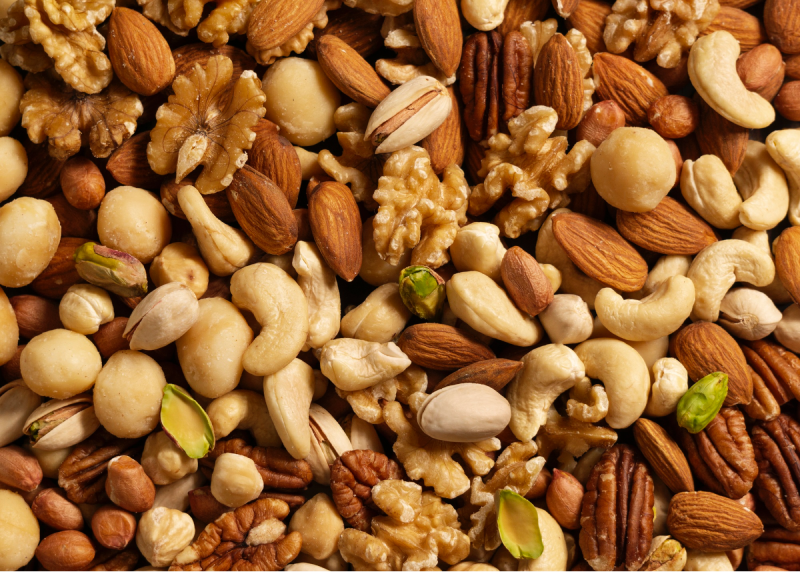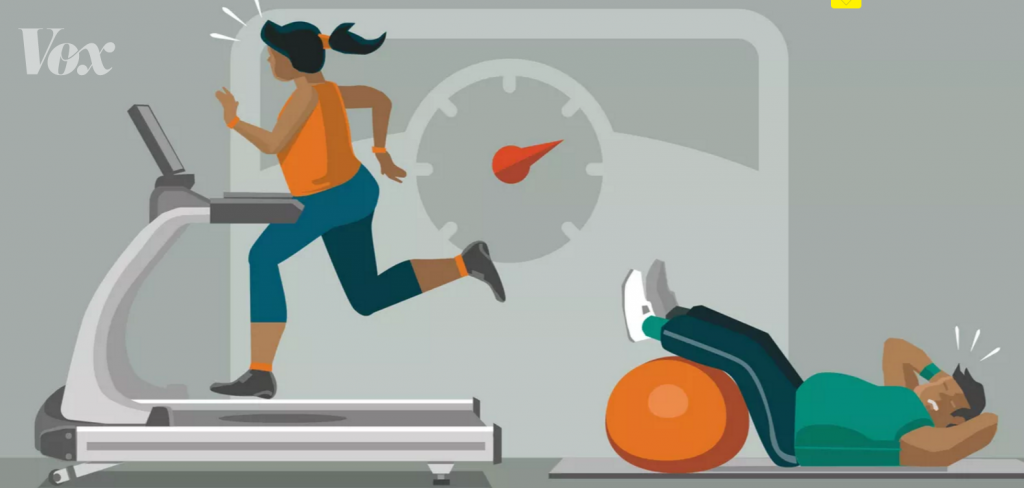Most people think of dieting as a way to alter one’s physical appearance. However, studies in the field of psychiatry show that dieting can actually have an impact on a person’s psychology as well as their physiology. In this post, we’ll explore the benefits that proper dieting can have on your mental state, and take a closer look at the nutrients that have been proven to help maintain a balanced and healthy state of mind.
Dieting Is A Contributing Factor To A Healthy Mindset
No one is saying that depression, a multi-faceted, complex disorder that has unfortunately been on the rise in recent years, can be cured by diet alone. Dieting is just one piece of the puzzle, but combined with professional therapy and medication, a balanced, nutritionally-sound diet can be a contributing factor to a healthier mindset.
What You Should Eat To Optimize Mental Health
An interesting pattern emerged when the connection between diet and depression was explored. It’s been shown, for example, that eating natural, non-processed foods – such as whole grains, low fat dairy, fish, fruits and vegetables, and non-saturated oils – is linked with a decreased risk of depression compared to participants that favored heavily-processed foods. Researchers and nutritionists have studied the nutrient density of foods that have been clinically proven to help reduce depression; at the top of their list are seafood, shellfish (especially oysters), organ meats, leafy greens, fruits and vegetables, and non-saturated oils.
Below is a list of proven anti-depressant nutrients :
Folate
Iron
Omega 3’s
Magnesium
Potassium
Selenium
Thiamine
Vitamin A
Vitamin B6
Vitamin B12
Vitamin C
Zinc
Tryptophan
If your diet is comprised of those foods that are naturally rich in the above-listed nutrients, you’ll manage your mental health as well as your physical health.




